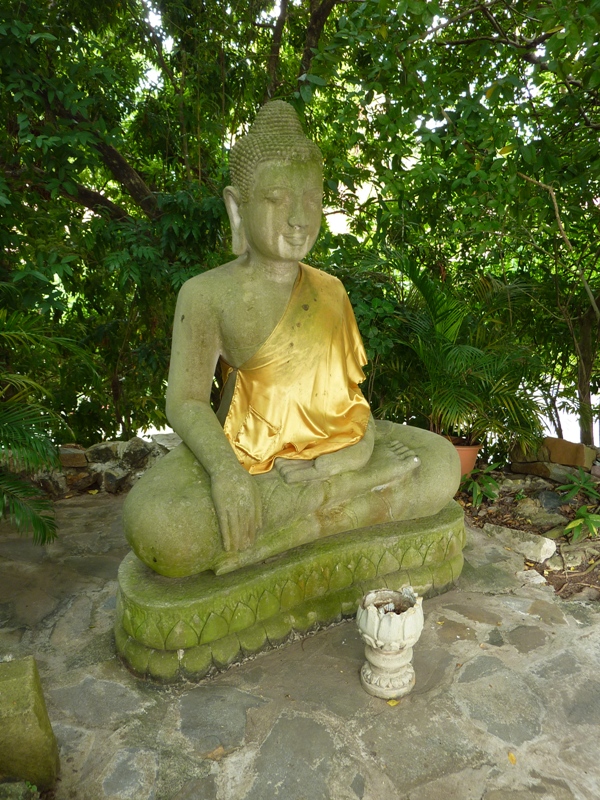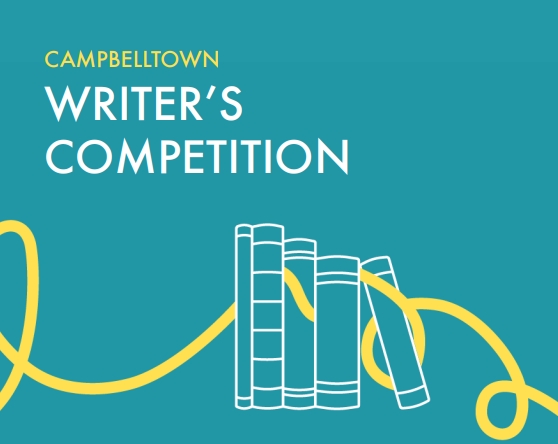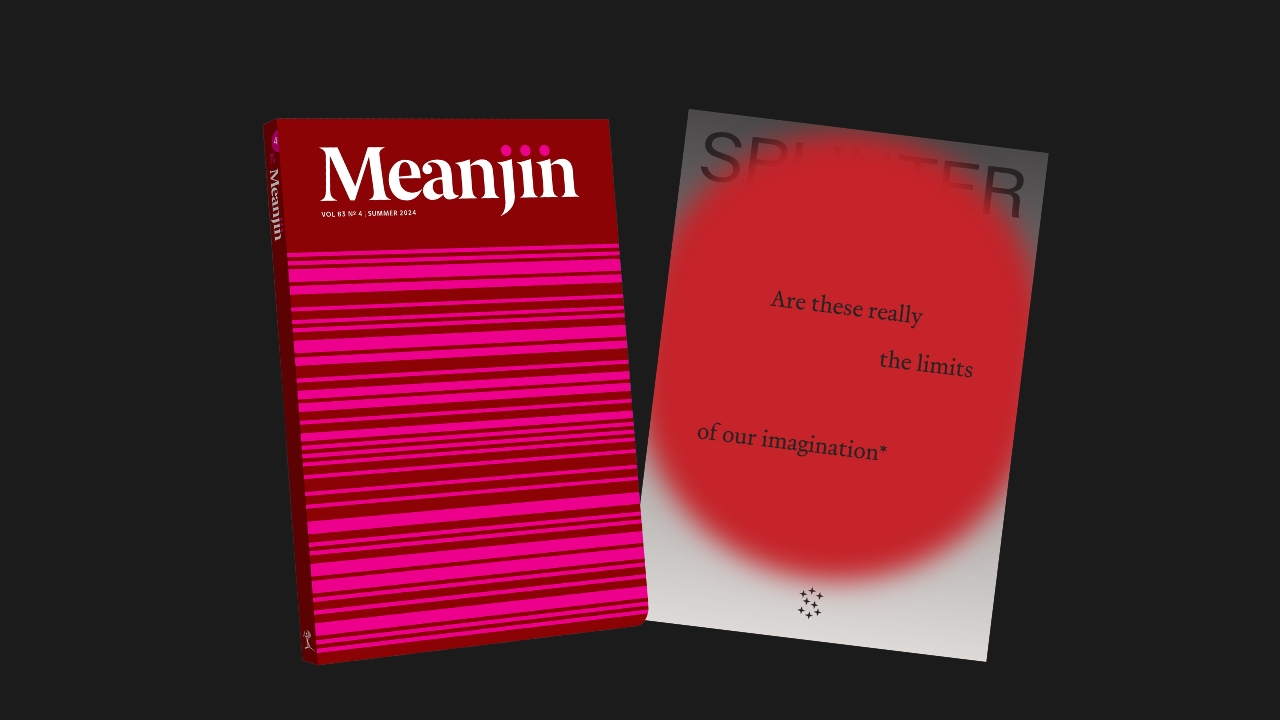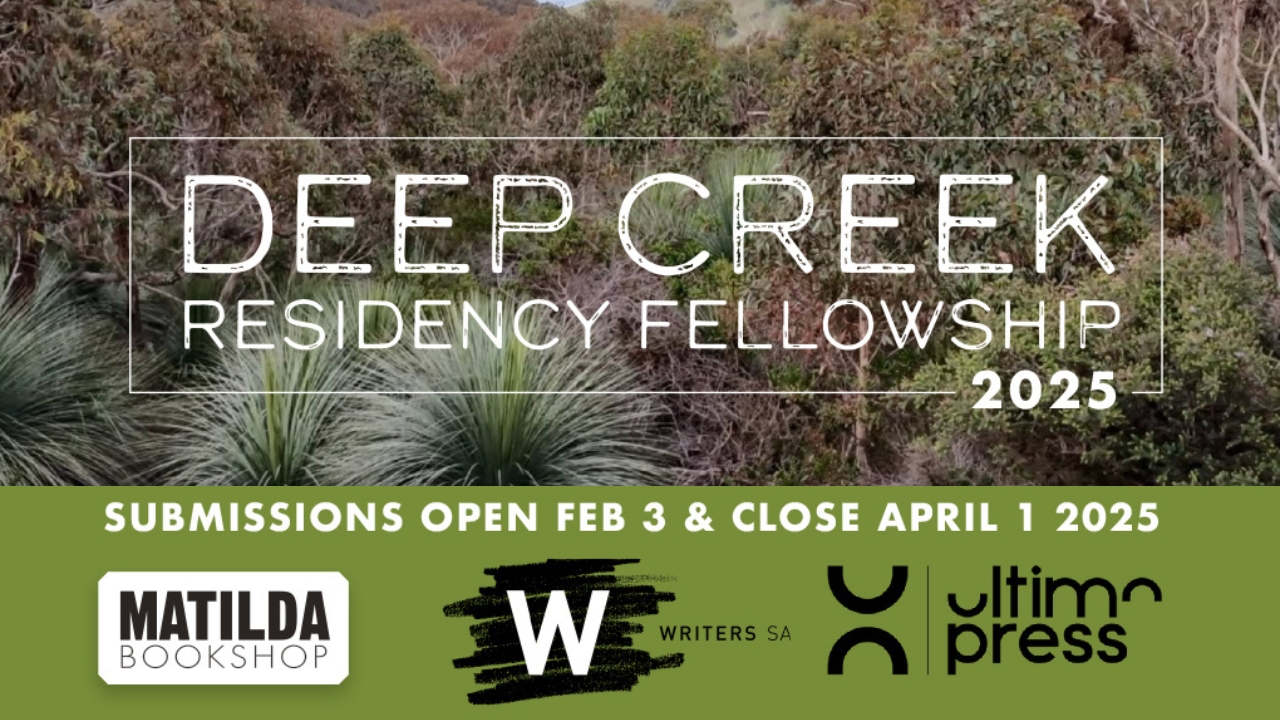I recently did an event with author, psychotherapist and healer Sharon Snir and I was struck by how she described her writing as a way of making peace in the world. I am used to the idea of writing as a form of therapy, or of social and political expression, or even as some kind of spiritual calling. But had I really ever considered that it might be a way of creating a more peaceful world?
Think about it, for a moment. In writing about someone or something, we are increasing understanding and facilitating connections that might otherwise be difficult to make. A clear example for me comes from my childhood. I grew up in a small town in North Queensland among men who had fought in the bloodiest battles in New Guinea during World War Two. Their attitude towards Japan and the Japanese was not enlightened, to say the least.
But my eccentric local library was filled with back issues of an odd magazine called ‘Pacific Friend’, produced out of Japan with the express purpose of rebuilding Japan’s reputation in the West. In its pages I learned about the tea ceremony, Ikebana, Zen, Mt. Fuji and all the Japanoise clichés that we are so familiar with today. And it worked. I became quite enamoured of Japanese culture and conceived an obsession with that country that continues to this day. I had been formed by magazine diplomacy.
These days I am a travel writer, and I never see my writing specifically as championing the culture or country that is my subject. That would be too didactic, and I am a person who flees reflexively from the didactic. Instead I concentrate on people, recording my observations of them, the things they say, the attitudes they hold, the strange fixities they exhibit. For better or worse, I want to write about the condition of humanity, and I always seem to recognise the things that we share, no matter how exotic the outward forms of expression. I am, I believe, bringing people closer together and contributing towards the sum of human understanding in my books. It has become the thing I explicitly want to do.
If we are writing any kind of non-fiction or memoir the chances for us contributing to peace and good are great. But it is not certain, by any means. Words can do harm and cause division, and almost our entire critical and academic corpus is concerned with hurting one person or another’s feelings. That is a tradition, and those who want to work within it are welcome to. I even understand the need for such harshness, but that doesn’t mean I have to be a part of it.
Instead I encourage writers to write to build. To build understanding, to build a sense of global community, to build on the collective memory, that it might be preserved and taken into another generation. Despite what people think, writing can be funny, insightful and true and still not contain bitchiness, cynicism and great big slabs of churlishness.
No matter what, the writer of memoir and creative non fiction will, at some stage, and perhaps frequently, offend and upset somebody. This is inevitable and unavoidable. People are possessed of all levels of sensitivity, and might exhibit some surprising and even bizarre Achilles heels. Sometimes what is true and seemingly inoffensive, even slightly positive, might be viewed as a terrible slight by the subject of a piece of writing. It has happened to me and it will happen to you. But you can salve your conscience when this happens by reflecting on how many people have been pleased and illumined by what you wrote, and also by the purity of your intentions. If everyone who reads you hates you and is offended, though, it might be time to reconsider your peace-making strategies.
There is a moral element to writing, particularly in writing non fiction. We need to take our duties seriously and be aware that as writers we are exercising power and privilege, even if it doesn’t feel that way sometimes (like when we check our bank balance). Blithely writing things that are nasty or harshly judgemental might work stylistically. They might be funny, improve the flow of a story and, dammit, they might even be true. But one day you will have to look that person in the eyes. Or, worse still, talk to their mother. That is the measure by which I judge my writing. I have deleted and re-written many a paragraph with the consideration: “Will this person still come and pick me up at the airport if they read this?”
So now I choose to write to do good in the world. It doesn’t mean I have become boring or preachy. I can still be witty, arch and even, occasionally, wicked. But I can also live with myself and, for the most part, confidently hand my friends copies of my books to read. Is it time to start taking seriously the effect your writing will have in the world?
Walter Mason is a writer, blogger and part of the Writing and Society Research Group at the University of Western Sydney. He is the author of two travel memoirs, Destination Saigon and Destination Cambodia. Walter will be presenting as part of the Life Writing/Memoir Bootcamp happening soon at the Centre.








